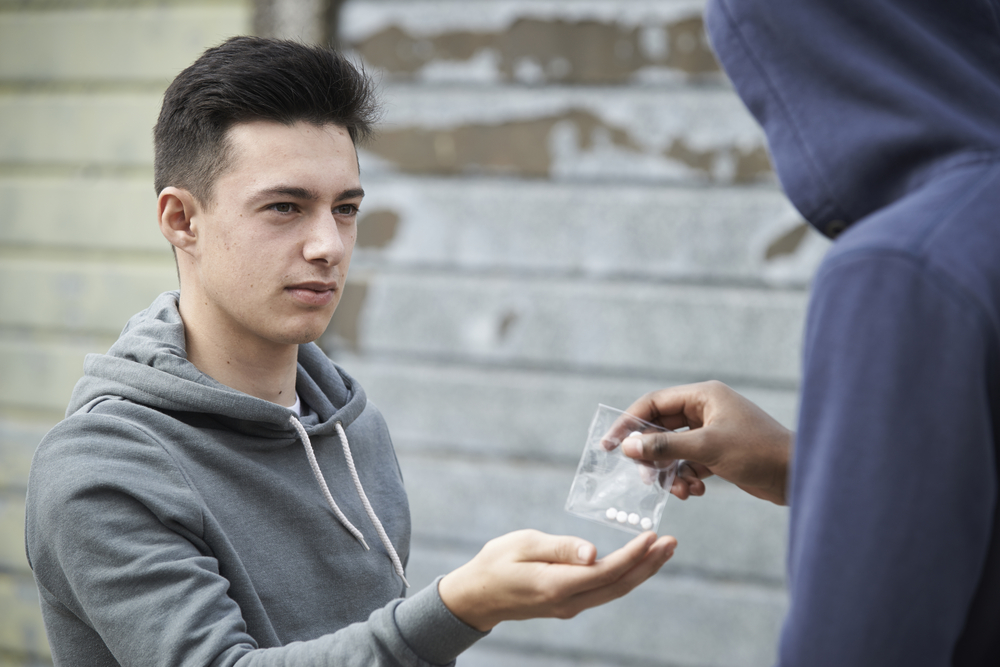 Substance abuse is a difficult challenge that affects many families. If your teen is struggling with addiction, it can feel hopeless and overwhelming. However, recovery is possible through treatment, support, and making healthy lifestyle changes.
In this blog post, we will offer guidance on how loved ones can help overcome substance abuse.
Substance abuse is a difficult challenge that affects many families. If your teen is struggling with addiction, it can feel hopeless and overwhelming. However, recovery is possible through treatment, support, and making healthy lifestyle changes.
In this blog post, we will offer guidance on how loved ones can help overcome substance abuse.
Overcoming the Grip of Substance Abuse
 Substance abuse is a difficult challenge that affects many families. If your teen is struggling with addiction, it can feel hopeless and overwhelming. However, recovery is possible through treatment, support, and making healthy lifestyle changes.
In this blog post, we will offer guidance on how loved ones can help overcome substance abuse.
Substance abuse is a difficult challenge that affects many families. If your teen is struggling with addiction, it can feel hopeless and overwhelming. However, recovery is possible through treatment, support, and making healthy lifestyle changes.
In this blog post, we will offer guidance on how loved ones can help overcome substance abuse.


Leave a Reply